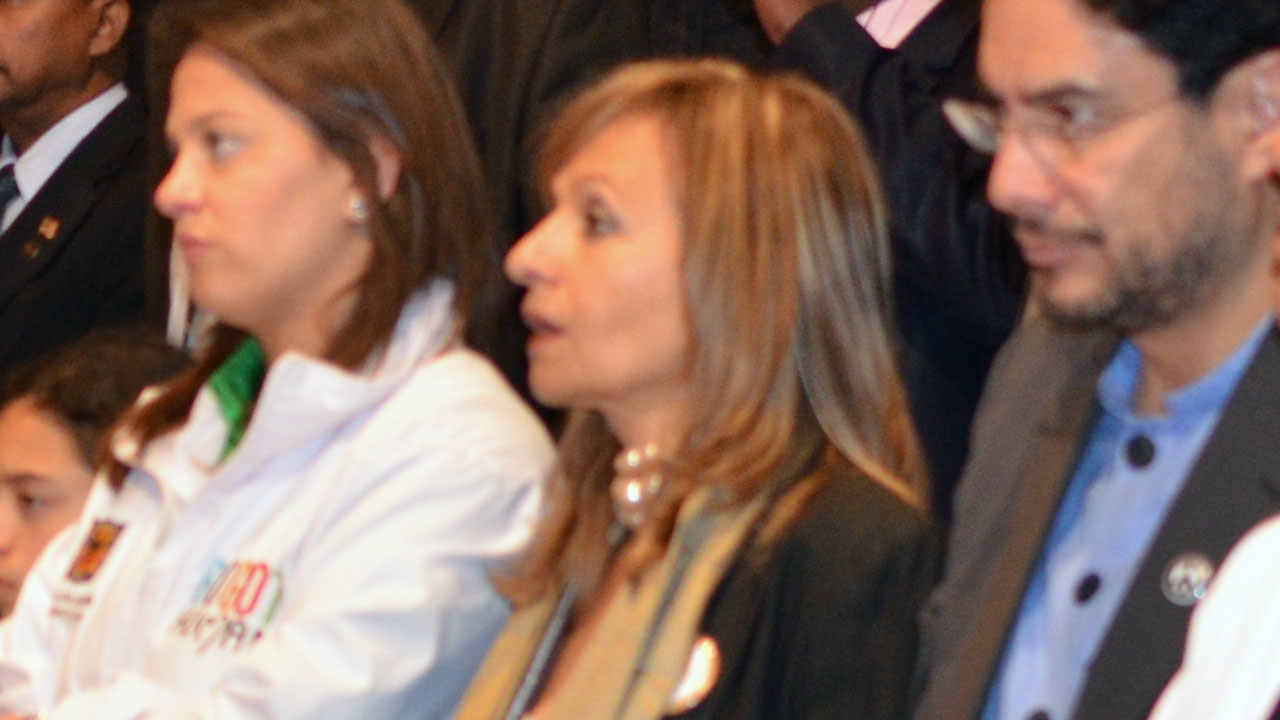
In a follow-up to the San Salvador Plan of Action to Promote Universality And National Implementation of the Convention on the Prohibition of the Development, Production and Stockpiling of Biological and Toxin Weapons and their Destruction adopted by more than 100 parliamentarians from 41 countries during PGA’s 37th Annual Forum in El Salvador and in the framework of the Campaign for the Universality and National Implementation of the Biological Weapons Convention (BWC), PGA reached out to its members in Latin America, including Colombia, to ensure the necessary steps were being taken towards the implementation of the BWC.
On 10 May 2016, PGA Members Rep. Alirio Uribe Muñoz, Rep. Ángela María Robledo and Rep. Iván Cepeda Castro addressed a letter to Dra. María Ángela Holguín, Minister of Foreign Affairs, inquiring on the status of implementation of the Biological Weapons Convention (BWC).
The letter mentioned different aspects of national implementation such as questions about which measures have been adopted, if any, in the criminal code, in the biosecurity sector and in the import/export fields. The signatories of the letter also asked about the requisites to be part of the delegation that will represent Colombia at the Eighth Review Conference of the BWC which is scheduled to take place in December 2016.
On 23 May 2016, the Ministry of Foreign Affairs (MFA) responded to the parliamentary questions on the status of implementation of the BWC. The Director of International Legal Affairs at the MFA transmitted an inquiry to the relevant Ministries, i.e. questions relating to criminal dispositions implementing the BWC were transmitted to the Ministry of Justice, questions relating to bio-security measures were transmitted to the Ministry of Health and Social Protection, as well as to the Ministry of Agriculture and Rural Development, questions relating to the monitoring of import/export were transmitted to the Ministry of Commerce, Industry and Tourism. In its letter, the MFA mentioned a number of initiatives that took place between 2011 to 2015 involving national institutions in charge of implementing the BWC to strengthen national capacity, including simulated biological attacks to measure the efficiency of inter-agency responses to such scenario.
On 27 May 2016, the Deputy Minister for Foreign Trade of Colombia, Ms. Mariana Sarasti Montoya, responded to the inquiry of PGA Members regarding the status of implementation of the BWC, specifically on the measures related to import/export controls.
Through the institutions of Ventanilla Única de Comercio Exterior (VUCE) and Industria Militar (Indumil), all imports of weapons, ammunitions, explosives, as well as materials for explosives are subject to a rigorous permit system. Without the approval of Indumil, a license of importation cannot be emitted and consequently, the good cannot be imported.
As for the control of nuclear and chemical weapons, the Ministry of Defense is in charge of establishing the guidelines for the import and export of such weapons.
The Chief Executive of the Colombian Agricultural Institute (ICA), Mr. Luis Humberto Martinez Lacouture, also responded to the inquiry of PGA members. It is to be mentioned that ICA is a member of the Working Group on the Biological Weapons Convention led by the Ministry of Foreign Affairs. Mr. Martinez Lacourture listed a number of initiatives involving all relevant stakeholders to build capacity on best practices and listed the resolutions taken by the Institute relating to confidence-building measures.

